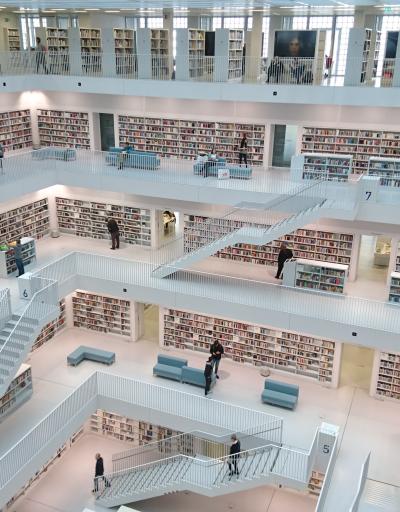
Shutterstock
New zealander's mental and emotional wellbeing is enhanced through the transformative power of symphonic music

Where
New Zealand
New Zealand
When
2012
2012
Who
New zealand symphony orchestra (nzso), creative new zealand, nz on air
New zealand symphony orchestra (nzso), creative new zealand, nz on air
Read the full report
Go to full report
Go to full report
Description of the policy/measure
The new zealand symphony orchestra is new zealand’s only professional full-size orchestra. all the main programmes are presented in auckland and wellington but the orchestra also tours as many as 100 symphonic concerts each year. it also plays dozens of dedicated concerts for children, providing concerts and school visits to all areas of new zealand.the orchestra visits a number of small communities in new zealand, performing in a range of venues, such as concert halls, schools, marae, hospitals, parks, rest homes and even on railway platforms. the nzso has a community programme that means all new zealanders, no matter where they live, can engage with their national orchestra.the nzso has a range of programmes to mentor young new zealand musicians;the michael monaghan scholars programme, where young music students to pair up with one of the nzso musicians to receive mentoring as well as access to nzso rehearsals and concerts young orchestra coaching, where nzso musicians work with local youth orchestras and school orchestras around the country coaching young musicians on their repertoire and techniquethe nzso foundation masterclasses provide opportunities for young tertiary level musicians to learn from the distinguished international artists who perform as guests with the nzso. the masterclasses are hosted by new zealand’s tertiary music schools and feature students from the host schoolthe nzso fellowship programme, which provides a group of elite young players a unique year-long association with the nzso. participants travel to wellington on a regular basis where they have the opportunity to spend time with the nzso, our guest artists and conductors.the nzso todd corporation young composers award is awarded to one young new zealand composers, who will have their work recorded by the nzso over a three-day residency. submitted works are assessed by a panel of industry professionals, and those selected for the awards will be flown to, and accommodated in wellington for the duration of the recordings and awards given the opportunity to receive mentoring from an established new zealand composer participants in industry seminars and instrument workshops conductor training where young conductors are given the chance to participate in master classes.new zealand also has a national youth orchestra, mentored by the nzso, that gives young new zealanders the chance to play in an orchestra and work with professional musicians.in 2007 creative new zealand funded ten music organisations on a recurrent basis. this has now changed with 2011 being the last year in which recurrently funded organisations will be supported through existing contracts. recurrent funding has been replaced with the following two programmes:arts leadership investment (toi totara haemata) programmearts development investments (toi uru kahikatea) programmecreative new zealand also makes smaller grants to a variety of individuals, organisations and projects.in all the above art forms including popular music, creative new zealand also provides project funding for such purposes as the commissioning of new work, the promotion of new zealand work nationally and internationally, and the establishment or maintenance of artists residencies.nz on air (the broadcasting commission) funds musical recordings and videos and promotional activities in the field of popular music, with the primary aim of providing broadcasters with local content.sistema aotearoathis is a community-based programme offering young people from low socio-economic backgrounds an opportunity to learn to play an instrument and then be part of an on-going youth orchestra movement.the idea of sistema aotearoa is based on a 35 year old venezuelan programme that uses orchestral music as a vehicle for social transformation and integration of different population groups. the major premise is that an orchestra represents a powerful social unit that collectively builds a high level of organisation, cooperation, interdependence, commitment and trust among participants. at an individual level there is evidence that playing a musical instrument in an orchestra develops physical coordination, memory, emotional intelligence and social skills.the el sistema approach typically involves professionally trained musicians who teach junior primary school children basic musicianship, in classrooms as part of the music curriculum, or on a co-curricular basis. after a year or so the setting moves to after-school, weekends and school holidays, for those wanting long term involvement. the auckland philharmonia orchestra (apo) was contracted to organise the set up of the project in a south auckland community. the next step may be to establish a private charitable trust or similar entity, to govern and manage the roll-out of the programme beyond south auckland, potentially nationwide.
2005 Convention Monitoring Framework Goal(s)
Area(s) of Monitoring
Cultural Domain(s)


